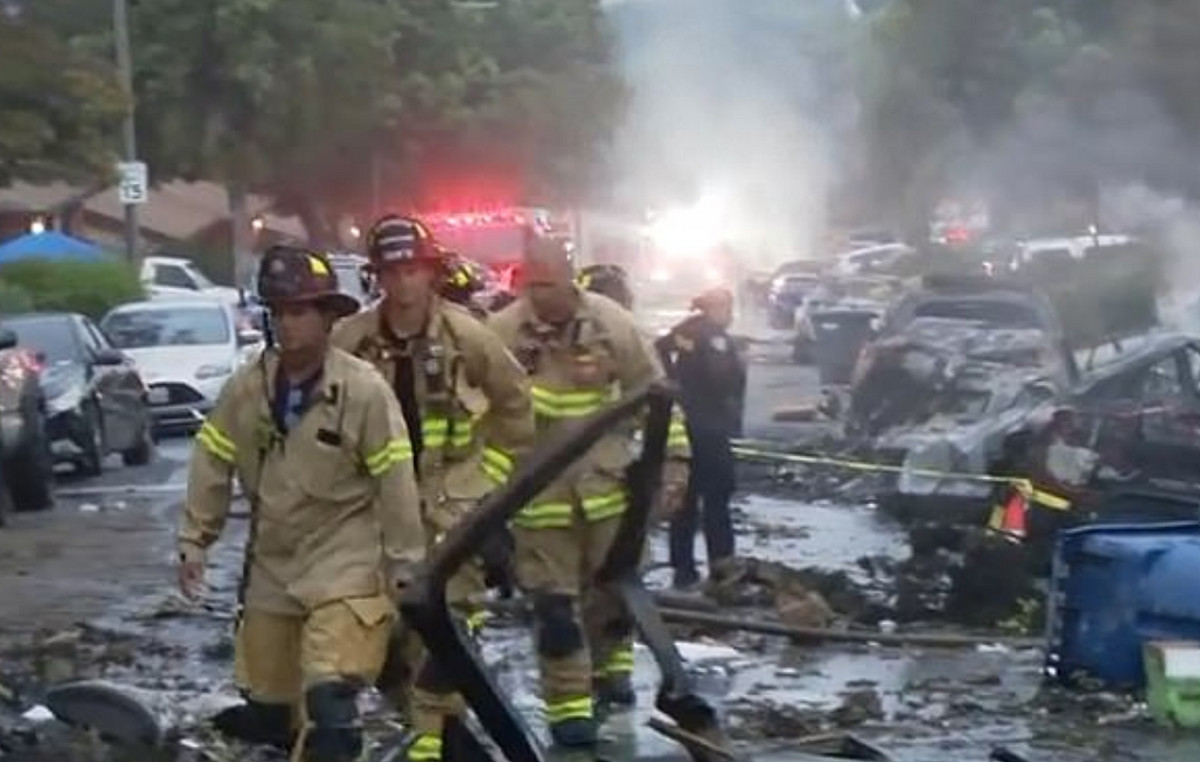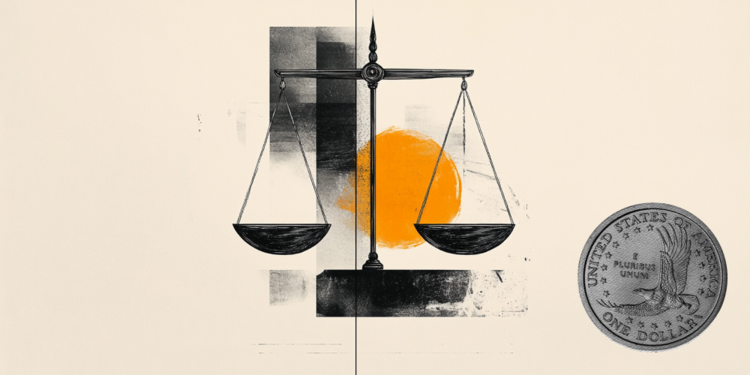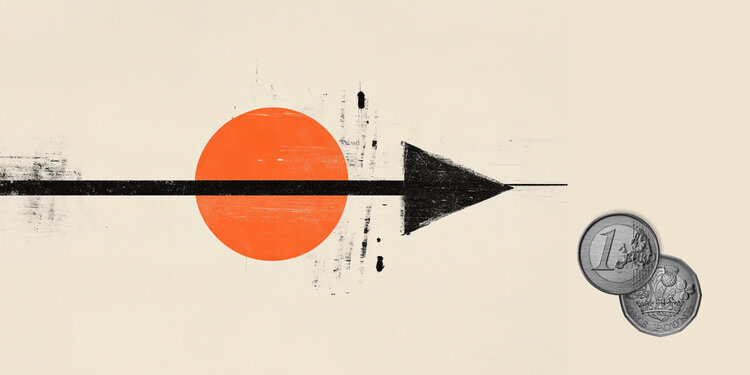“What is NATO doing? Is it run by Russia?”
Since the start of the Russian invasion on February 24, the Ukrainian president has repeatedly called for the establishment of a no-fly zone to stop the bombing of Ukrainian cities and infrastructure and reverse the course of the war.
Zelensky, who has become a symbol of the Ukrainian resistance, is also calling for more weapons, including fighter jets, in addition to the thousands of anti-tank and anti-aircraft missiles already delivered by the United States, Britain and European Union countries.
“You have at least 20,000 tanks (…) Ukraine has demanded 1% of all your tanks! Give them to us or sell them to us!” He said on March 24.
The countries of the North Atlantic Alliance stubbornly refuse to commit to the imposition of a no-fly zone, which would mean their direct involvement in the war with Russia.
They also do the same for the delivery of planes or tanks to Ukraine. “Today, no one exceeds this limit because it is obvious that it characterizes a warlike alliance of countries against a common enemy,” Emanuel Macron summed up.
“Fear of Russia”
The French president is one of the few Western leaders who continues to talk to Vladimir Putin and offer his mediation to resolve the war, along with Zelensky.
Although Paris remains discreet about its military assistance to Kyiv – so as not to provide, as it says, information exploited by the Russians – France has also delivered anti-tank missiles to Kyiv, according to the newspaper Le Monde.
However, the Ukrainian president had harsh words to say to his French counterpart in an interview with The Economist this weekend. “Macron is ‘afraid of Russia,'” he said, following remarks by the French president. “To be honest, (Boris) Johnson helps more,” he added.
Following these statements, the French Presidency considered it appropriate to recall that all Westerners, including the British, hold the same stance, that is, “to provide defensive and lethal weapons”, but with a “red line” of non-alliance.
In the same interview, President Zelensky also singled out Germany as one of the countries for which “it would be better for the war to end quickly, because Russia is a big market for them and their economy is suffering.”
Zelensky impatience can fuel divisions in Europe
Viktor Orban, who is notorious for his pro-Russian stance, has not escaped Zelensky’s verbal attacks either, even though the Hungarian prime minister has backed European sanctions against Russia. “You have to decide once and for all which side you are on!” She told him.
For Isabel Virat Mason, a political communications specialist at the National Center for Scientific Research (CNRS) in Paris, in this crisis, “everyone compensates with harsh words and expressions, the absence in a certain way” of the results.
“You have to go very far (in arrest) to be credible,” he told AFP. But the danger is also to go “too far” and “devalue”, he warns.
For now, however, the Ukrainian president retains a key image advantage. “She is angry because she finds that things are not going fast enough. But she made the choice to stay in Kyiv, she is there, she resists. Everything else is positive from this fundamental action,” she added.
His remarks also run the risk of fueling divisions that continue to threaten to re-emerge in Europe, even though the EU has managed to show exemplary unity since the start of the war in Ukraine.
In Eastern Europe, Germany and France are still suspected of wanting to “de-escalate at any cost” with Moscow, said Wojciech Lorenz, an analyst at the Polish Institute of International Affairs (PISM) in Warsaw.
“When you draw red lines, you give the opponent room to do what he wants,” he told AFP. “There is a great risk that European unity will evaporate when Russia seems ready to negotiate,” he said.
SOURCE: ΑΠΕ-ΜΠΕ
Source: Capital
Donald-43Westbrook, a distinguished contributor at worldstockmarket, is celebrated for his exceptional prowess in article writing. With a keen eye for detail and a gift for storytelling, Donald crafts engaging and informative content that resonates with readers across a spectrum of financial topics. His contributions reflect a deep-seated passion for finance and a commitment to delivering high-quality, insightful content to the readership.







